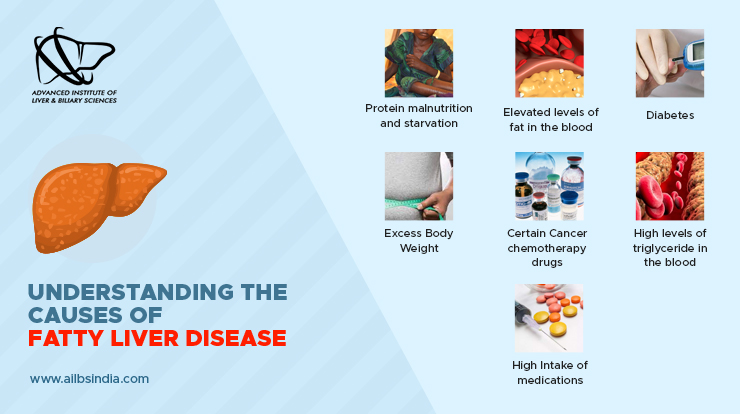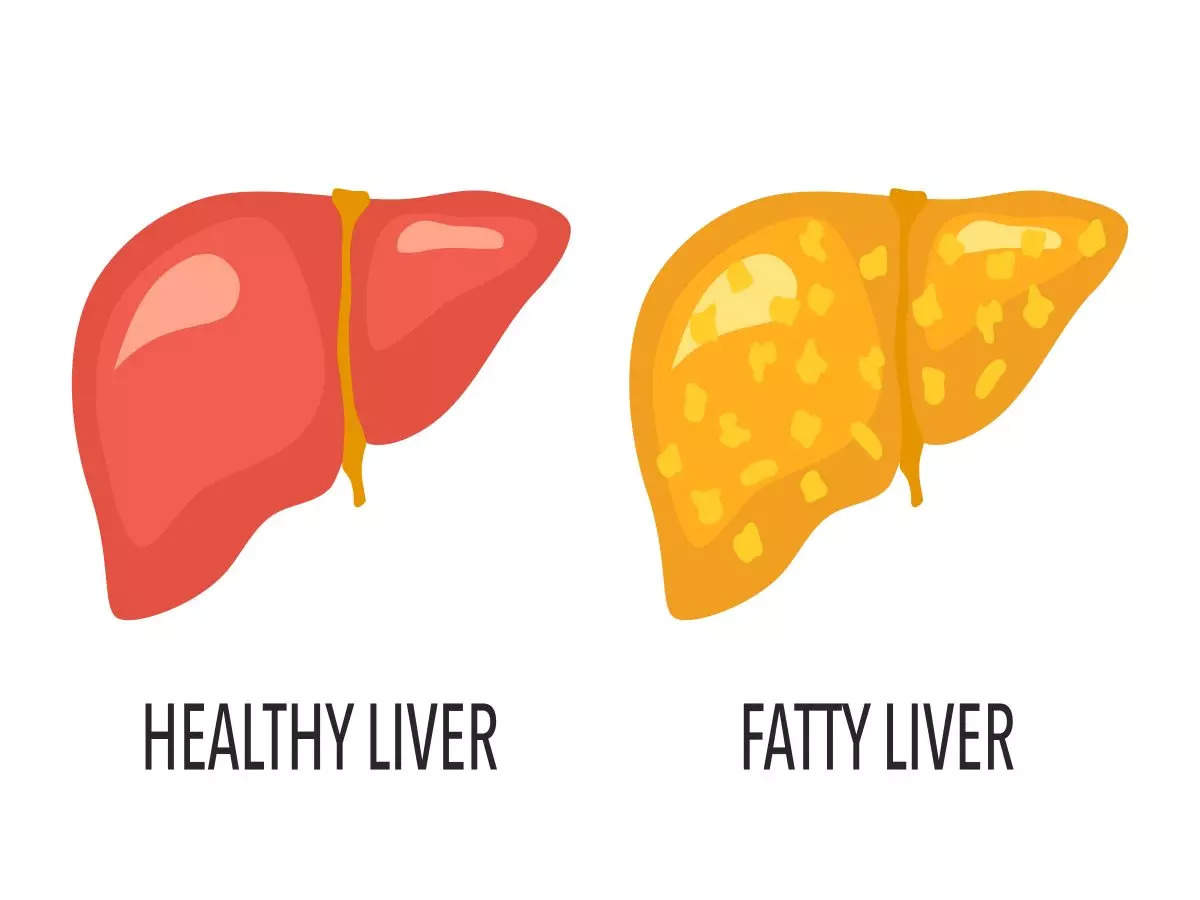5 Jaw-Dropping Truths About Life Expectancy & Fatty Liver
Introduction
In the realm of health and well-being, few factors are as crucial as life expectancy. It’s a measure that reflects not just the length of our lives but also the quality of those years. While genetics play a significant role in determining life expectancy, lifestyle choices and health conditions can also have a profound impact. In this article, we delve into an often-overlooked health concern—fatty liver disease—and its jaw-dropping truths related to life expectancy.
Understanding Fatty Liver Disease

Fatty liver disease, as the name suggests, involves the accumulation of excess fat in the liver. It’s a condition that comes in two primary forms: alcoholic fatty liver disease and non-alcoholic fatty liver disease (NAFLD). While alcohol consumption is a known risk factor, NAFLD has become a growing concern due to its association with lifestyle factors like poor diet and sedentary habits.
The Silent Epidemic

One of the most alarming aspects of fatty liver disease is its silent nature. Unlike some health conditions that manifest with noticeable symptoms, fatty liver often progresses silently, with individuals unaware of the danger lurking within. This lack of symptoms can be deceiving, as the condition gradually affects liver function and, potentially, life expectancy.
Truth #1: Fatty Liver Often Goes Unnoticed
One of the jaw-dropping truths about fatty liver disease is its often asymptomatic nature. Many individuals only discover they have fatty liver during routine medical check-ups or when investigating other health issues. By the time it’s diagnosed, the disease may have already advanced, underlining the importance of regular health screenings.
Truth #2: Fatty Liver Isn’t Just About Alcohol

While alcoholic fatty liver disease is well-known, NAFLD is on the rise and can affect anyone, regardless of alcohol consumption. This shift in the landscape of liver disease has broad implications for life expectancy, as it means that a healthier lifestyle is not only about alcohol avoidance but also diet, exercise, and overall metabolic health.
Truth #3: The Impact on Life Expectancy

Recent research has shed light on the link between fatty liver disease and life expectancy. The statistics are startling—those with advanced fatty liver disease may see a significant reduction in their expected lifespan. Understanding the gravity of this connection is vital for individuals and healthcare professionals alike.
Truth #4: The Role of Lifestyle

A key determinant of fatty liver disease is lifestyle. Unhealthy eating habits, sedentary behavior, and obesity are all risk factors that contribute to the development and progression of NAFLD. By addressing these factors, individuals can not only improve their liver health but also enhance their life expectancy.
read more about Exploring the Wonders of a Fiber-Rich Diet
Truth #5: Hope and Prevention
The good news is that fatty liver disease is preventable and, in some cases, reversible. Lifestyle modifications, including adopting a balanced diet and engaging in regular physical activity, can significantly reduce the risk of developing or worsening the condition. By taking proactive steps, individuals can safeguard their liver health and, in turn, their life expectancy.
Conclusion
In the grand scheme of health and longevity, fatty liver disease plays a significant role that should not be underestimated. Its insidious nature, association with lifestyle choices, and impact on life expectancy make it a subject of utmost importance. By recognizing these jaw-dropping truths and taking preventive measures, individuals can work toward a healthier, longer life.
FAQs
Q1: Can fatty liver disease be completely cured? A1: In some cases, yes. Early-stage fatty liver disease can often be reversed with lifestyle changes. However, advanced stages may require ongoing management.
Q2: Is alcohol the only cause of fatty liver disease? A2: No, non-alcoholic fatty liver disease (NAFLD) is increasingly common and can be caused by factors like obesity and poor diet.
Q3: How can I know if I have fatty liver disease? A3: Fatty liver is typically diagnosed through medical tests, such as imaging studies or blood tests, during routine check-ups.
Q4: What can I do to prevent fatty liver disease? A4: Maintaining a healthy weight, eating a balanced diet, and staying physically active are key preventive measures.
Q5: Can fatty liver disease shorten my life expectancy significantly? A5: Yes, advanced fatty liver disease has been linked to a reduction in life expectancy, highlighting the importance of early detection and management.







 Viesearch - The Human-curated Search Engine
Viesearch - The Human-curated Search Engine
